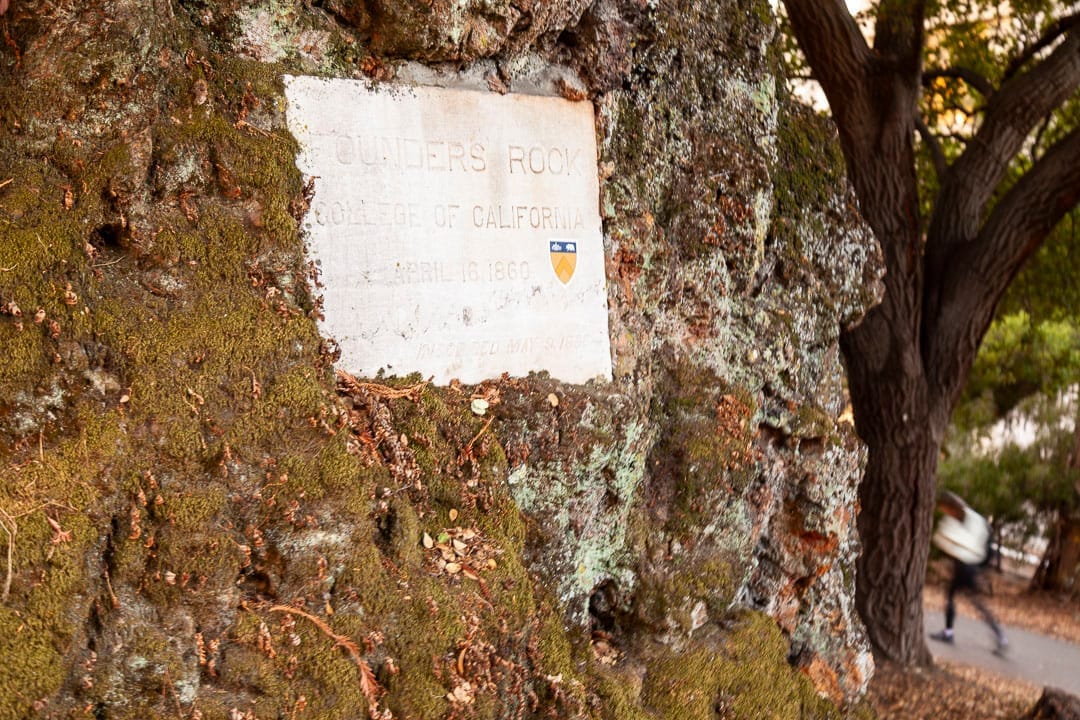In the pragmatic reconstruction era when the founders of this college decided on a name, they referenced the last lines of a poem with a very appropriate fin de siècle romantic tone. It was written by our namesake, the early modern empiricist Bishop George Berkeley, whose own 18th century dream of Enlightenment pedagogy in America never materialized.
If I have found one consistent doctrine here on campus, it is the sophistry of social constructivism. The fact that our founding verse emphasizes the truth of nature and an ethic of virtue in aesthetic terms over the pedantry of courts and schools is not lost on me. I hope it is not lost on you either.
It is very sad to me that today our founders are treated as enemies by a kangaroo court of contemporary students, faculty and administrators. I would like to ask them, if they read Berkeley's words here below, that in place of the petty self-satisfaction they might feel when they rip the founding scholars' names off of our buildings, instead they consider forgiveness, respect or even reverence for these men. These subjects of worthy fame, to use Berkeley's own words, were Americans who lived through an era of the bloodiest conflict in our nations history, one that nearly destroyed it, who dutifully did their jobs as scholars and educators at this college, holding together the departments that provide for today's all-but-impotent prestige sinecures. The distant lands were here and the golden age of the wisest heads and noblest hearts, 158 years later, was supposed to be ours too.
I'd like to suggest that both Berkeley's and the founding Trustee's pedagogical dream is still alive somewhere and that—in the Shakespeare via Cratylus sense—the true meaning of our name still exists, even if immaterial on our campus today.
Verses On the Prospect of Planting Arts and Learning in America
by George Berkeley (1728)
THE MUSE, disgusted at an age and clime
Barren of every glorious theme,
in distant lands now waits a better time,
Producing subjects worthy fame.
In happy climes, where from the genial sun
And virgin earth such scenes ensue,
The force of art by nature seems outdone,
And fancied beauties by the true;
In happy climes, the seat of innocence,
Where nature guides and virtue rules,
Where men shall not impose for truth and sense
The pedantry of courts and schools:
There shall be sung another golden age,
The rise of empire and of arts,
The good and great inspiring epic rage,
The wisest heads and noblest hearts.
Not such as Europe breeds in her decay;
Such as she bred when fresh and young,
When heavenly flame did animate her clay,
By future poets shall be sung.
Westward the course of empire takes its way;
The first four acts already past,
A fifth shall close the drama with the day;
Time’s noblest offspring is the last.



